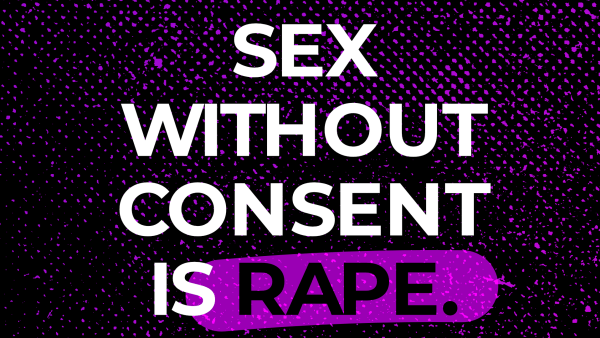Today, MEPs in the civil liberties, justice and home affairs committee have sent the European institutions a warning about the significant shortcomings in public access to documents. In a report drafted by S&D member Evin Incir, MEPs call for transparency to be the rule in the EU, not the exception.
The report refers to structural shortcomings such as how text messages are treated by the European Commission under the rules on public access to documents. In light of the refusal by the Commission to grant access to the text messages between the Commission’s President and the CEO of Pfizer during the purchase of COVID-19 vaccines, MEPs are asking the Commission to conduct an immediate full search of relevant text messages. The Commission should also adopt the practice of archiving all relevant instant messages, in line with the recommendations of the European Ombudsman.
The report also criticises the Council’s ‘bare minimum’ approach to publishing mandates for trilogue negotiations and its failure to record the position of individual member states when it comes to a Council position.
While the European Parliament holds the best record when it comes to public access to documents*, the report highlights the need for more transparency in the fight against corruption, particularly in light of the allegations made in the Qatargate scandal. Despite attempts to scale back on reforms in the European Parliament, the S&D Group is fully committed to the swift and full implementation of the ambitious measures to strengthen integrity and transparency, which were supported by huge majorities on in resolutions in December 2022 and in February 2023. In January 2023, the S&D Group presented a 15-point plan for preventing corruption and political interference.
Today’s report was approved with 51 votes in favour, one vote against and one abstention.
Evin Incir, Parliament’s lead negotiator on public access to documents, said:
“There are some difficult home truths for the European institutions in the report. The European Commission and the Council are falling far short of what citizens expect in terms of openness and transparency from a public body, and this is seriously hindering the ability of citizens, the media and the European Parliament from holding them to account. As the report says, transparency needs to be the rule, not the exception, and any exceptions must be strictly interpreted. We are far from that reality today and we need a serious culture change to get there.
“As directly-elected representatives, public trust is essential for us to do our work effectively. If people lose trust in the European Parliament, the EU as a whole loses credibility. That is why we are committed to strengthening integrity and transparency in the European institutions. We are concerned about attempts in this House to rollback on ambitious reforms. This report makes it clear we need to stick to our promises. These include putting in place an independent EU Ethics Body, a strengthened transparency register where all meetings with external people are published when they relate to specific reports, and stronger whistle-blower protection.”
*In 2021, 95% of all applications for access to documents in the European Parliament were granted, compared to 81% in the Commission and 84.1% in the Council.










